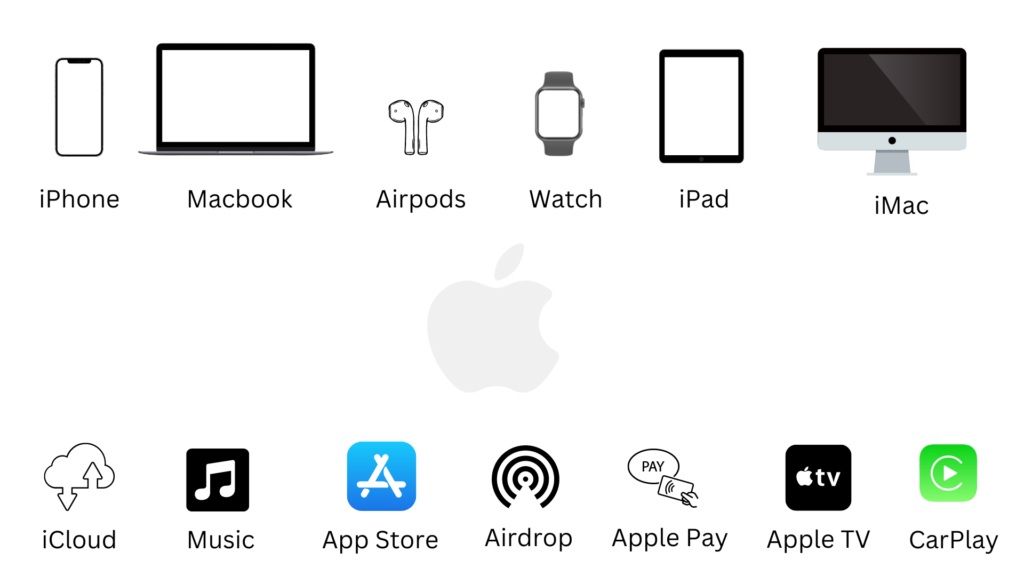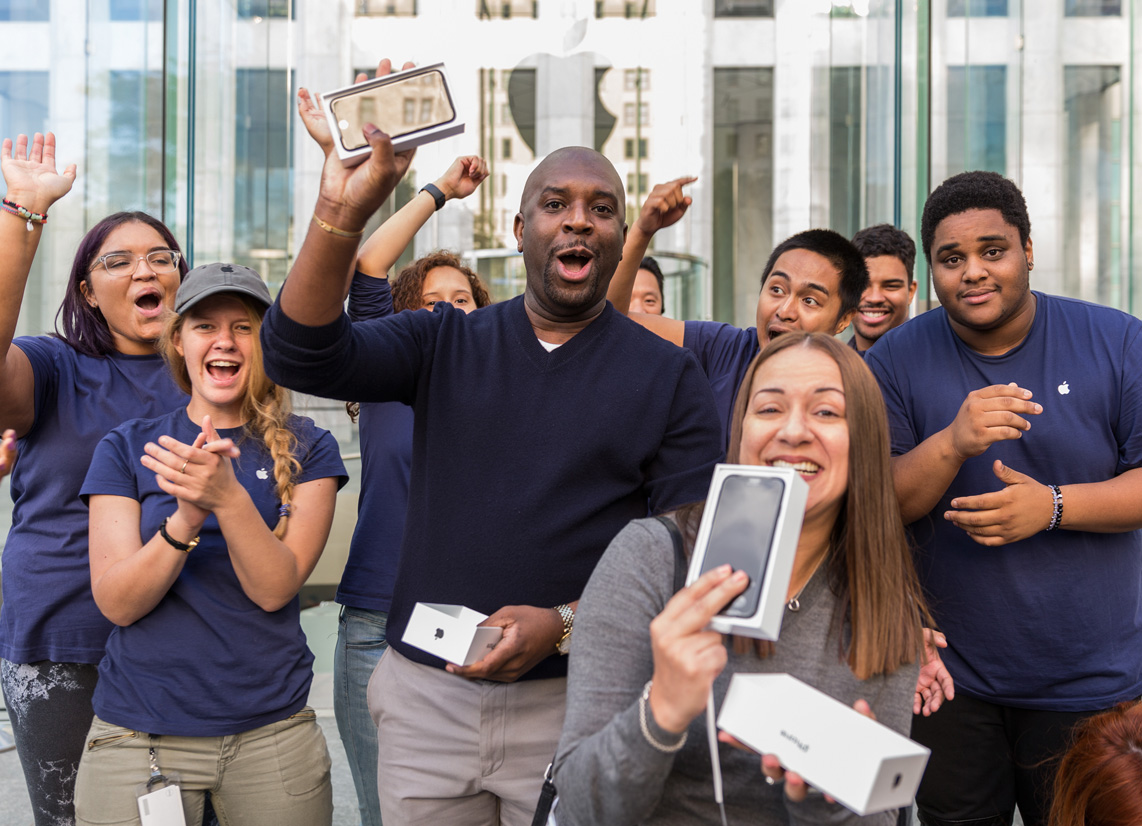The Great iPhone Dominance: Why The Federals Are Blaming The Tech Titan For Creating Monopolies?

An Apple in the pocket will make your social status skyrocket! But what if Apple make attempts to create monopolies so that other players do not dare to enter the market? That was the statement that US Federal meant when they filed a lawsuit against the tech titan Apple, claiming that Apple has a monopoly in the smartphone and performance smartphone markets and that it utilises its hold over the iPhone to engage in an extensive, sustained, and illegal course of conduct. On behalf of the States people, the action seeks remedies to restore competition in these crucial markets. “Consumers should not have to pay higher costs because firms break antitrust rules,” stated Attorney General Merrick B. Garland.
The case ends years of regulatory scrutiny of Apple’s immensely successful suite of products and services, which propelled its expansion into a nearly $2.75 trillion public company that was once the most valuable in the world. It directly targets the iPhone, Apple’s most popular gadget and most powerful business, and criticises how the company has transformed the billions of smartphones sold since 2007 into the heart of its dominion.
How have different nations filed lawsuits against Apple for antitrust policies? Why is Apple witnessing hurdles from so many directions?
“Each step in Apple’s course of action constructed and maintained the MOAT around its smartphone monopoly,” and the company’s tactics are anticipated to result in “higher costs and less innovation.”

The European Commission fined Apple 1.8 billion euros for breaking antitrust restrictions. The punishment is based on Apple potentially abusing its dominance in the app store industry and regulating the distribution of music streaming apps in the region. The judgement is Apple’s first antitrust penalty for preventing streaming services like Spotify from notifying users about cheaper options in the app store.
In South Korea and the Netherlands, the business faces potential sanctions for charging app developers to utilise alternative payment processors. Other countries, such as the United Kingdom, Australia, and Japan, are proposing regulations that would undermine Apple’s dominance in the app business.
How did Apple create the monopoly, as per the Federal agencies?
The manner in which Apple gained its monopoly in the phone sector differs from that of other corporations demolished under the Sherman Antitrust Act. Rather than deliberately stifling competition and small businesses, Apple developed their so-called “ecosystem” to make some other gadgets virtually useless when interacting with Apple products. This is particularly evident with features like iMessage and FaceTime, which are incorporated into Apple products and cannot be downloaded as third-party apps. Messaging in group chats and exchanging images between Androids and iPhones leads to a significant drop in image quality, causing many individuals to rely on third-party apps for consistent communication and video.

Apple has also made it impossible for the iPhone to work with wearables other than its own Apple Watch.
When an iPhone customer purchases an Apple Watch, it becomes much more expensive for them to abandon the phone. This sounds like a whimsical cycle of entangling the customer with one or the other products of their own company.
The government also claimed Apple attempted to protect its monopoly by prohibiting other companies from developing their own digital wallets. Apple Wallet is the only iPhone software that supports the NFC chip, which allows a phone to tap to pay at checkout. Though Apple encourages banks and credit card firms to integrate their products with Apple Wallet, it prevents them from gaining access to the chip and developing their own wallets as alternatives for clients.
According to the lawsuit, Apple refuses to enable game streaming apps, which could reduce the value of the iPhone, or to give “super apps,” which allow users to accomplish several tasks from a single application.
Despite so much chaos around Apple products, the iPhone is still a crazy demand for many. How?
Despite the fact that Apple devices are often quite expensive, iPhones are regarded as relatively affordable or obliged to be afforded by the middle class. Apple frequently subsidises phones with phone plans, encouraging customers to purchase or finance new phones. Even in younger societies, iPhones are considered stylish and entertaining; they have become ingrained in our culture.
Apple has established a bubble of exclusivity, and while there may be little difference between the iPhone 12 and the iPhone 15, there is no denying that Apple products are culturally significant regardless of quality. Because of this exclusivity, it is not strictly Apple’s fault that the iPhone-to-Android interface is far superior to that of iPhone-to-Android. Apple sells the platform and experience, not the gadget itself.

What do the government and the federal agencies want?
While preventing connectivity with other devices may help Apple maintain its monopoly, allowing iPhone users to speak freely with everyone would improve the user experience. The government does not need to break up Apple, but laws are necessary to keep its market dominance in check. Forcing users to adopt Apple services at the expense of other companies is an indirect way of driving customers away. For example, while users pay for Apple Pay‘s security, Apple should provide alternative options for in-app transactions. They are making it impossible for customers to own phones of other brands.
Not only Apple, but many tech titans are facing lawsuits from the US Federals. Why?
Every modern-day tech behemoth has encountered a significant federal antitrust case. The Justice Department is also exploring a case against Google’s search company, as well as another concerning Google’s control over advertising technologies. The Federal Trade Commission filed a case accusing Meta, which owns Facebook, of stifling competition when it purchased Instagram and WhatsApp, and another accusing Amazon of exploiting its dominance in online retail. The FTC also unsuccessfully attempted to prevent Microsoft from acquiring Activision Blizzard, a video game publisher.
For decades, Apple, Amazon, Google, Microsoft, and Meta forged ahead with few norms and constraints. As their power, wealth, and influence grew, a flood of regulatory activity, legislation, and legal challenges erupted against them in Europe, the United States, China, India, Canada, South Korea and Australia. The worldwide tipping point for reining in the largest technology giants has finally arrived.
The bottom line.
The lawsuits underscore authorities’ efforts to place greater scrutiny on the businesses’ responsibilities as gatekeepers to commerce and communications. Under President Donald J. Trump, the agencies launched antitrust investigations into Google, Meta, Amazon, and Apple. The Biden administration has stepped up the effort by choosing tech industry critics to run both the FTC and the Department of Justice’s antitrust division.

If a corporation grows so huge that other companies are unable to compete or enter the ring, particularly as a result of deliberate activities by the monopoly, the monopoly’s unethical behaviour is undeniable. The purpose of the government is to establish artificial regulations. It is possible to maintain a brand’s distinctiveness and quality while avoiding exploiting the industry in general. If the government does not intervene, we can expect to see less of the tremendous innovation that made Apple famous.




